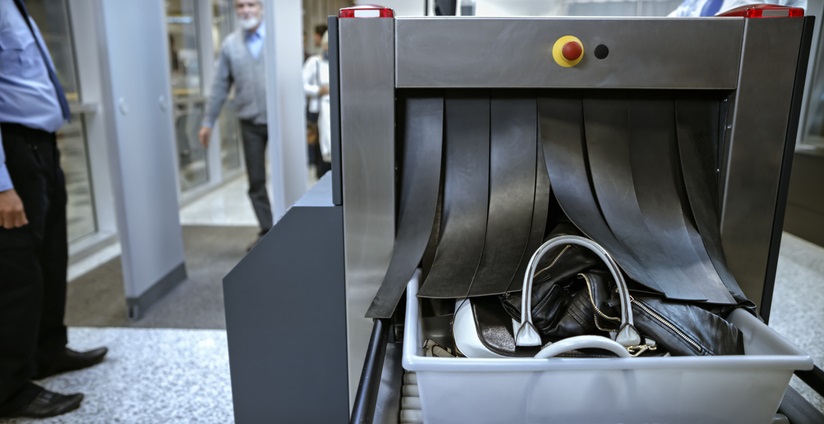ii view: Smiths Group flags caution for its aerospace customers
25th March 2022 12:05
by Keith Bowman from interactive investor
Cost inflation is being tackled and the engineering business is more focused. We assess prospects.

Half-year results to 31 January
- Revenue from continuing operations up 3.7% to £1.19 billion
- Operating profit up 14% to £189 million
- Interim dividend up 5% to 12.3p per share
Guidance:
- Continues to expect 3% growth in full year revenues
Chief executive Paul Keel said:
“Our performance in the first half demonstrates the meaningful progress we are making against our strategy. Improvement in the first half centred on the levers we are pulling to accelerate our growth and consistently deliver results, underpinned by our focus on continuous operational excellence and investment in our people and culture.”
ii round-up:
Diversified engineer Smiths Group (LSE:SMIN) today reported an increase in first-half profit, although warned that it expected a more challenging aviation market near term given geopolitical tensions and increased economic uncertainty.
Operating profit rose 14% to £189 million with management maintaining its full year estimate for overall revenues to grow by around 3%.
Smiths Group shares fell by more than 2% in UK trading, bringing their fall to around 6% year-to-date. Shares for fellow aviation and car components maker Melrose Industries (LSE:MRO) are down by over 20% in 2022. The FTSE All World index has fallen by around 6%.
- War, what war? The stock markets that behave like Ukraine conflict never happened
- Meet the ‘new FAANGs’ the pros are getting excited about
- Expert investment tips from £50 to £50,000
Last year, Smiths sold its medical device business to concentrate purely on growth across its specialist engineering businesses. Smiths supplies niche products to industries including oil and gas, mining, airport operators and construction and domestic appliance markets.
Group sales to Russia, which accounted for under 1% of revenues, have been suspended. The FTSE 100 company flagged both the headwinds of supply chain challenges and cost inflation.
It declared an interim dividend of 12.3p per share, up 5% on last year. Just over a quarter of the £742 million of funds to be returned to shareholders via a share buyback scheme following its medical business disposal have now been completed.
ii view:
Smiths works on a common operating model. Its businesses all share the characteristics of being well-positioned in growing markets, technology-led, asset-light and with a high proportion of aftermarket revenues.
Its John Crane business, serving industries such as oil and gas and renewables, generates its biggest slug of sales at just over a third of overall revenues. That’s closely followed by the detection business at a little under a third. Then comes its Flex-Tek business at around a fifth, with the Interconnect division the balance. Geographically, the USA is its biggest market at just over 40% of sales.
For investors, geopolitical tensions and rising costs now add to lingering uncertainty regarding the pandemic. Sales of under 5% to its home UK market also raise risk regarding the impact of foreign exchange moves.
On the upside, its diversity of product, geographical region and underlying customer sector offer attraction. The previous sale of its medical business now leaves its totally focused on specialist engineering, while a historical and estimated future dividend yield of over 2.4% is not derisory in an ultra-low interest rate environment. In all, and while some caution appears sensible, Smith remains a well-managed business for the long term.
Positives:
- A diversity of business type, underlying customer, and geographical location
- High proportion of aftermarket revenue
Negatives:
- Customers include the war and pandemic hit aerospace sector
- Exposure to unpredictable foreign exchange movements
The average rating of stock market analysts:
Buy
These articles are provided for information purposes only. Occasionally, an opinion about whether to buy or sell a specific investment may be provided by third parties. The content is not intended to be a personal recommendation to buy or sell any financial instrument or product, or to adopt any investment strategy as it is not provided based on an assessment of your investing knowledge and experience, your financial situation or your investment objectives. The value of your investments, and the income derived from them, may go down as well as up. You may not get back all the money that you invest. The investments referred to in this article may not be suitable for all investors, and if in doubt, an investor should seek advice from a qualified investment adviser.
Full performance can be found on the company or index summary page on the interactive investor website. Simply click on the company's or index name highlighted in the article.